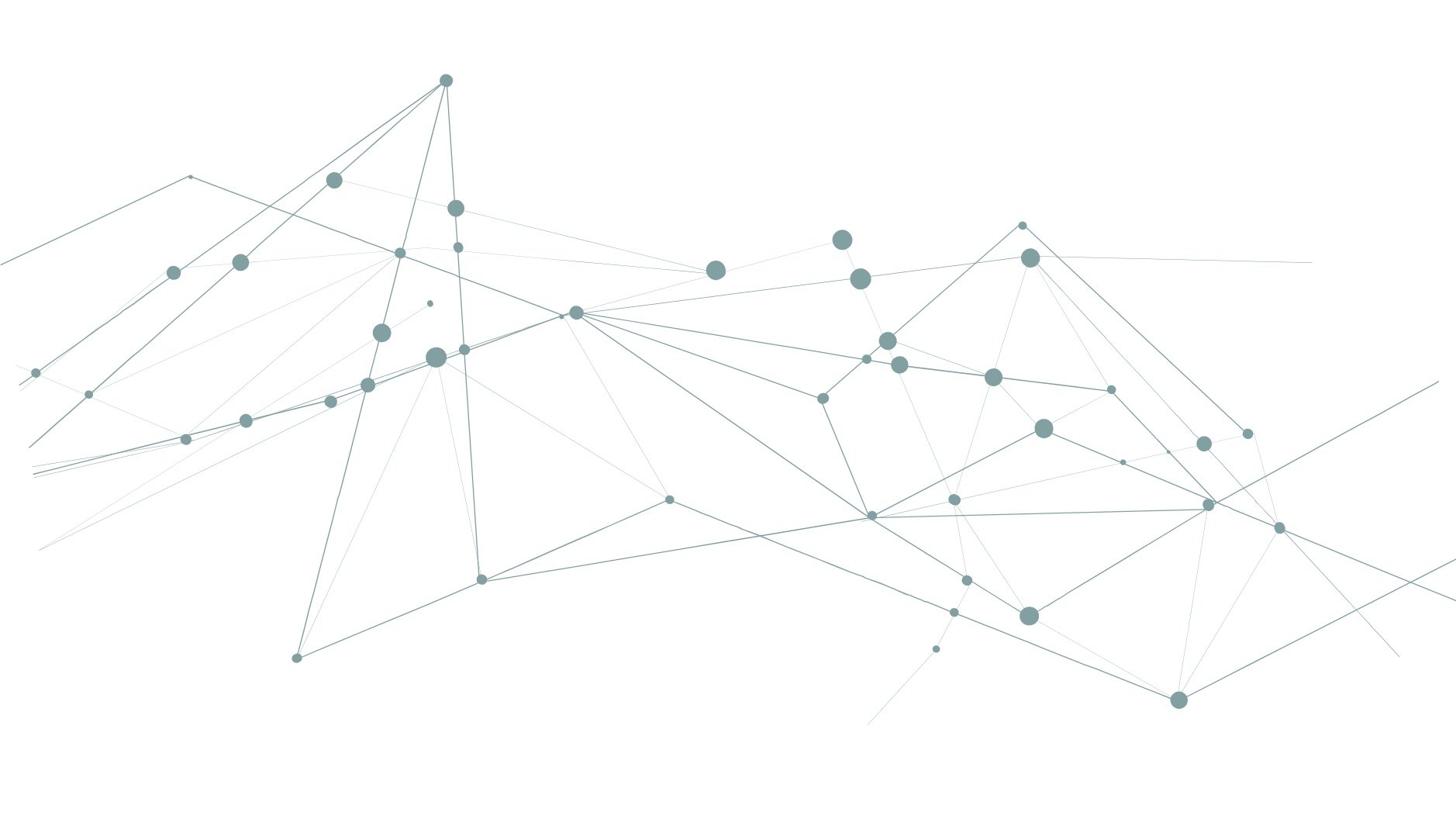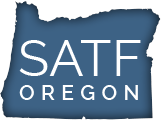IMPORTANT NOTE: The information in this guide is not offered as, not intended as, and does not constitute legal advice. It is provided for informational purposes only. Much of the information was pulled directly from experts across Oregon and compiled into this guide. None of the information provided here should be considered a substitute for professional legal advice.
WHO CAN USE THIS TOOLKIT?
People providing confidential advocacy services to youth throughout Oregon. This resource is meant to provide an overview of confidential youth advocacy, including emerging and best practices. It is meant to supplement existing advocacy knowledge, training, and resources (like Oregon SATF's Statewide Sexual Assault Advocate Training Manual) to provide more depth on advocacy services with people under the age of 18 specifically. If you are not an advocate or have not received any advocacy training, we recommend you start with basic advocacy resources to help contextualize this resource.
Confidential Youth Advocacy Reference Guide
HOW CAN THIS TOOLKIT HELP YOU?
This is a quick reference resource, not meant to be read cover to cover (although that is welcome too). Whenever you are providing confidential advocacy services to young people, this can serve as a resource for clarifying specific laws, rights, resources, etc.
We have included an index at the end of the guide for quickly finding content by topic area (ex. Mandatory Reporting . . . . 21-23, 91, 94). This resource is part of a larger project to support confidential youth advocacy services in Oregon. Some other resources that may be helpful to you include:
Oregon SATF's Mandatory Reporting + Confidential Advocacy Partnership Guide designed to support youth serving institutions (like schools) to partner with confidential resources to improve outcomes for young people who have experienced violence or abuse.
Oregon SATF's Building and Strengthening Partnerships to Better Support Youth Health and Safety Webinar Series which includes two webinars one focused on building partnerships between DVSA and Child Abuse Orgs, and one on building partnerships more broadly between Youth Serving Settings and DVSA services. These are available in English, with ASL Interpretation, and with Spanish subtitles.
Download the toolkit online

Acknowledgements
This guide pulls together resources from partners and stakeholders across Oregon implementing best practices to support young people, kids, and children, and help prevent violence and abuse. It would not have been made possible without the partnership, expertise, feedback, existing resources, and input from people and organizations across the state.


